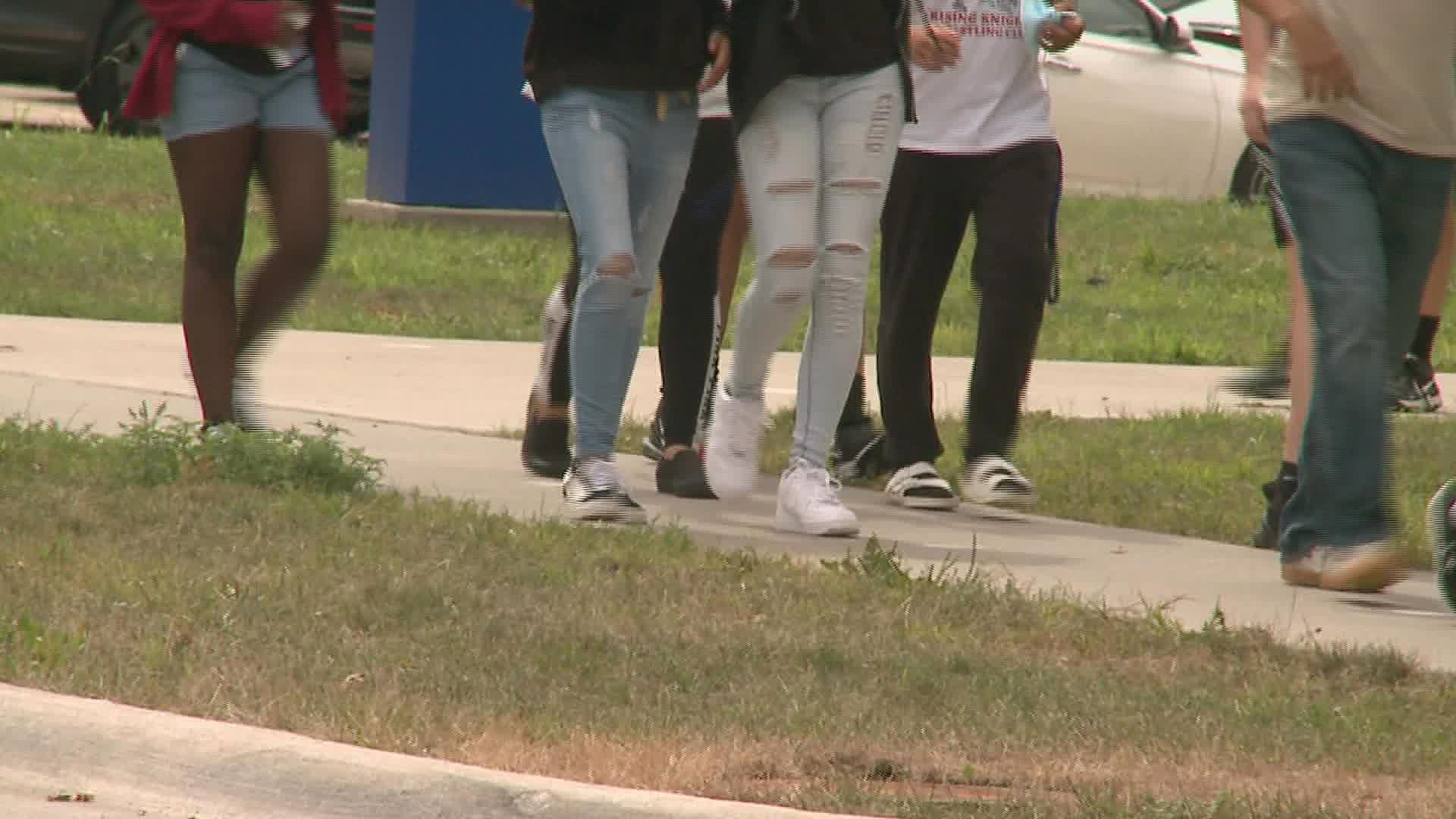MOLINE, Ill. — As students return to the classroom some experts are warning of a possible increase of anxiety in students.
Doctor Jackie Jiang has been a phycologist in the Quad Cities Region for 15 years.
"In general, typical[ly], this is the season that I see a lot of kids with anxiety even without a pandemic," said Jiang. Some of the main things that kids worry about are remembering locker combinations, finding their classes, and making friends.
But since the start of the coronavirus pandemic there's been an added trigger increasing a child's anxiety.
"Adding on the pandemic, now kids are coming into my sessions saying what if other kids are not wearing masks," said Jiang.
Dr. Jiang says some of the pandemic anxiety she's seeing in kids is being brought about by parents' anxiety not being well managed.
"You have to keep your own anxiety in check. Parents do produce anxiety provoking thoughts in children," she said.
But it's important to remember the job of a student.
"What's your responsibility as a student? It's to go to school, to study," said Jiang.
It helps to understand when it's time to bring in an expert. You may notice mood changes or behavior shifts. Dr. Jiang says those should not be ignored, instead have an expert work with your child to find out if the issue is situational and can be managed easily.
According to the National Institute of Mental Health, 1 in 5 children between the ages of 13 and 18 have, or will have a serious mental illness.
Warning signs, from the National Alliance on Mental Illness (NAMI) that your child may be experiencing negative mental health instances:
- Feeling very sad, or withdrawn for more than two weeks.
- Trying to harm or kill oneself or making plans to do so
- Out-of-control, risk-taking behaviors that can cause harm to self or others.
- Not eating
- Trouble concentrating
- Sudden drop in grades
What parents can do, according to NAMI:
- Talk to your pediatrician
- Get a referral to a mental health specialist
- Work with the school
- Connect with other families
You can also contact NAMI at anytime in the event you need help navigating mental health questions.
NAMI's Helpline is open:
Monday - Friday 9:00am - 7:00pm CT
800-950-6264 or email info@nami.org
If you or someone you know is having suicide ideation, help is available 24/7. Contact the National Suicide Prevention Lifeline at 1-800-273-8255. For people who are deaf or hard or hearing click here.

